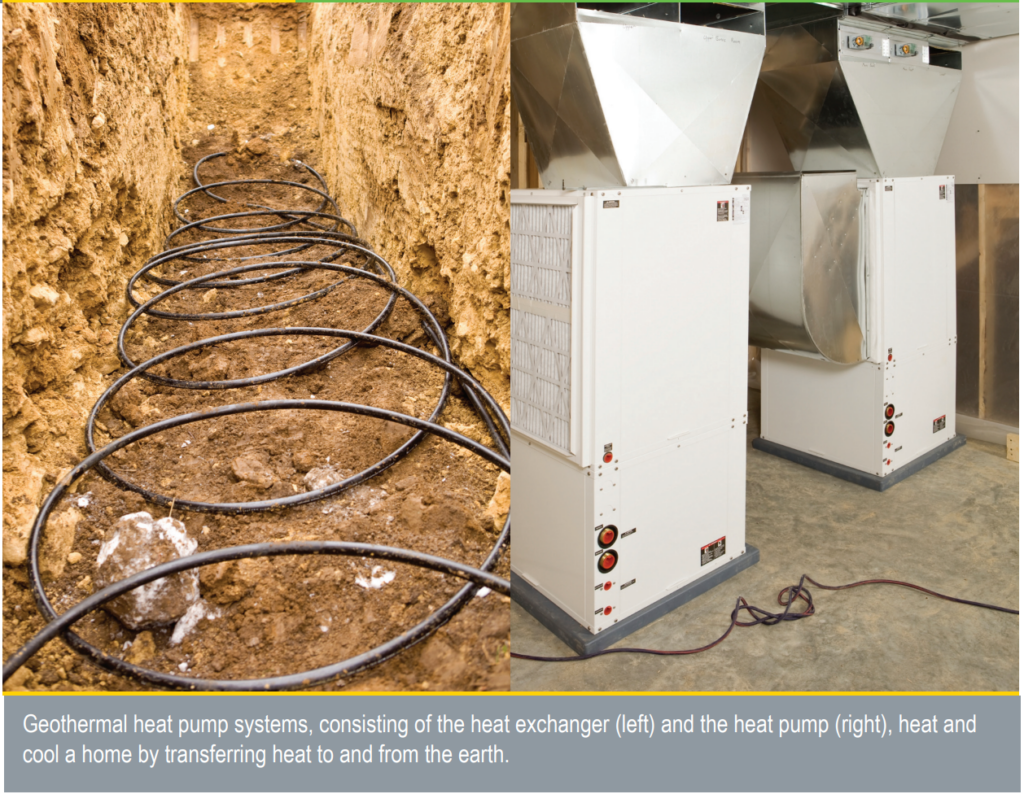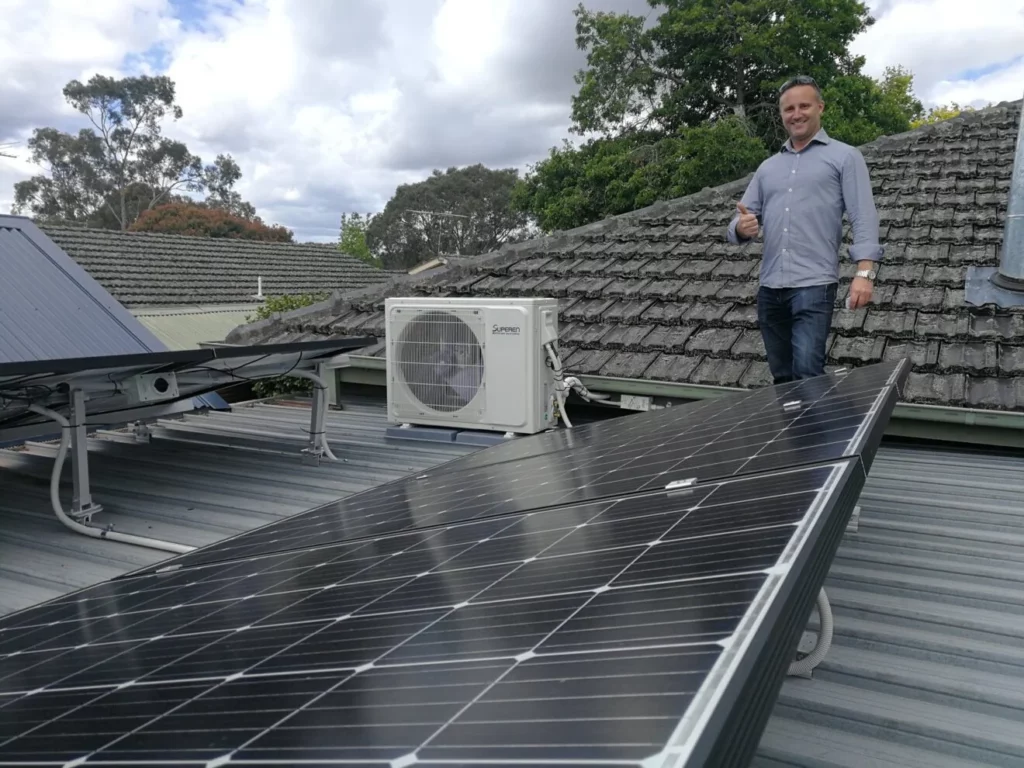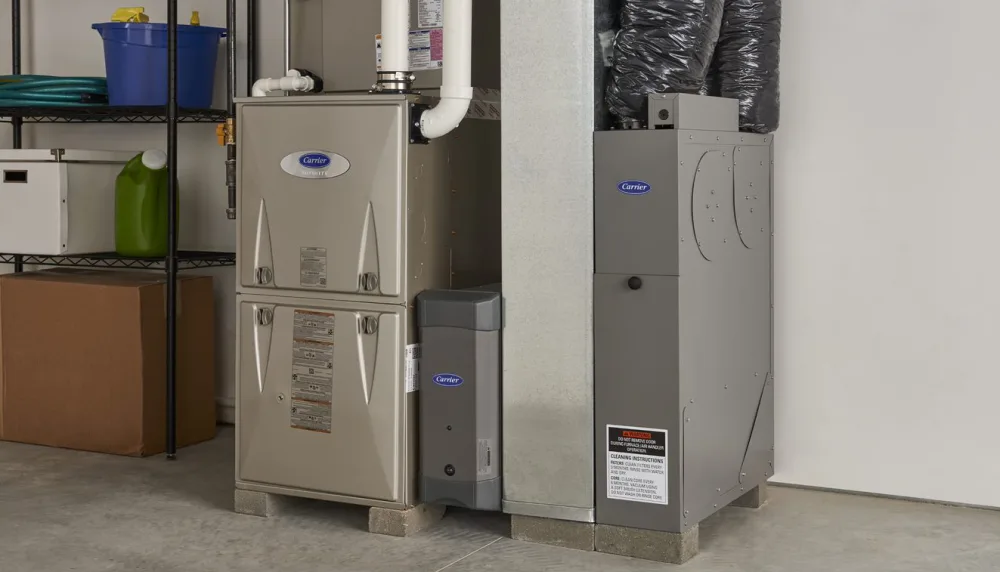Ground source heat pumps, also called geothermal heat pumps, are your most efficient central HVAC option – and your most expensive one.

And that leads to…
Geothermal’s Big Question: Is cutting energy use and operating cost every month by 15% to more than 60% compared with an air source heat pump worth the upfront cost of a geothermal heat pump system?
There is no universal “right answer” because each situation is unique. So, the information provided here will help you answer that question within your own context.
“15% to more than 60%”? Yes, when comparing the efficiency of traditional split system heat pumps to geothermal heat pumps. Air source units are available in SEER ratings of 14 to 26 SEER.
Ground source heat pumps are produced with efficiencies of 18 to 58 EER, which is equivalent to 20.5 to 67 SEER. For further comparison, mini split ductless heat pumps range in efficiency from about 16 to 42 SEER.
OK, with that groundwork done, let’s get to the details.
Cost Range
$14,000 to $42,000 for most systems. The most expensive can exceed $50,000, but that’s rare.
Geothermal heat pump cost varies widely – some would say wildly – because of your system options, which are outlined below.
The price of a complete, new system is $14,000 to $42,000 – that’s the “wild” range. Most homeowners pay closer to the middle of the normal range of $21,500 to $32,000 based on the system size and the type of loop system used. If your cost estimate is in the upper-$20,000s, it will be close to average.

